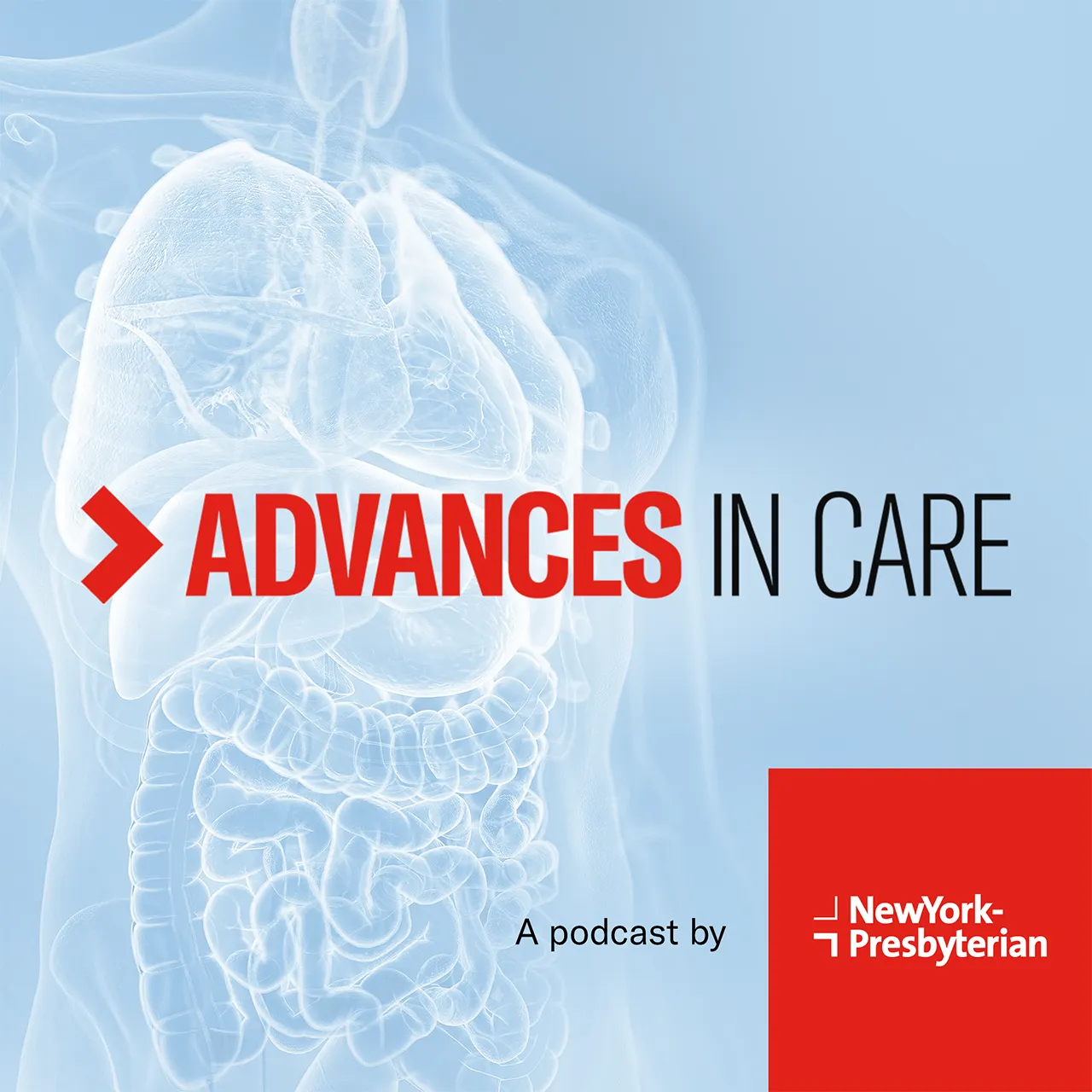By the year 2030, there will be around 22 million cancer survivors. And while cancer treatment continues to improve, it’s an unfortunate reality that many of these patients are at increased risk for cardiovascular issues, because of biology or as a byproduct of their life saving treatments. But recently, the field of cardio-oncology has emerged to help cancer patients minimize short and long term risks to their hearts. Dr. Stephanie Feldman speaks about the research pushing this innovative field forward and how it will increase the quality of life for so many patients in the years to come.
As methods for early cancer detection improve and the number of cancer survivors rises, the innovative field of cardio-oncology has emerged to ensure that patients with chemotherapy or cancer-related cardiac dysfunction can be safely, and swiftly, treated for their cancer. Dr. Stephanie Feldman, a clinical cardiologist with focus on cardio-oncology at NewYork-Presbyterian/Weill Cornell Medicine, is one of a growing number of physicians advancing research and pushing care in this field forward with a multi-disciplinary, comprehensive approach to care. Dr. Feldman joins us to discuss the rare risks of immune checkpoint inhibitors, how genetic mutations could put patients at risk for arterial thromboembolism, and how the cardio-oncology field can optimize the course of cancer care for patients at risk for cardiovascular complications.




